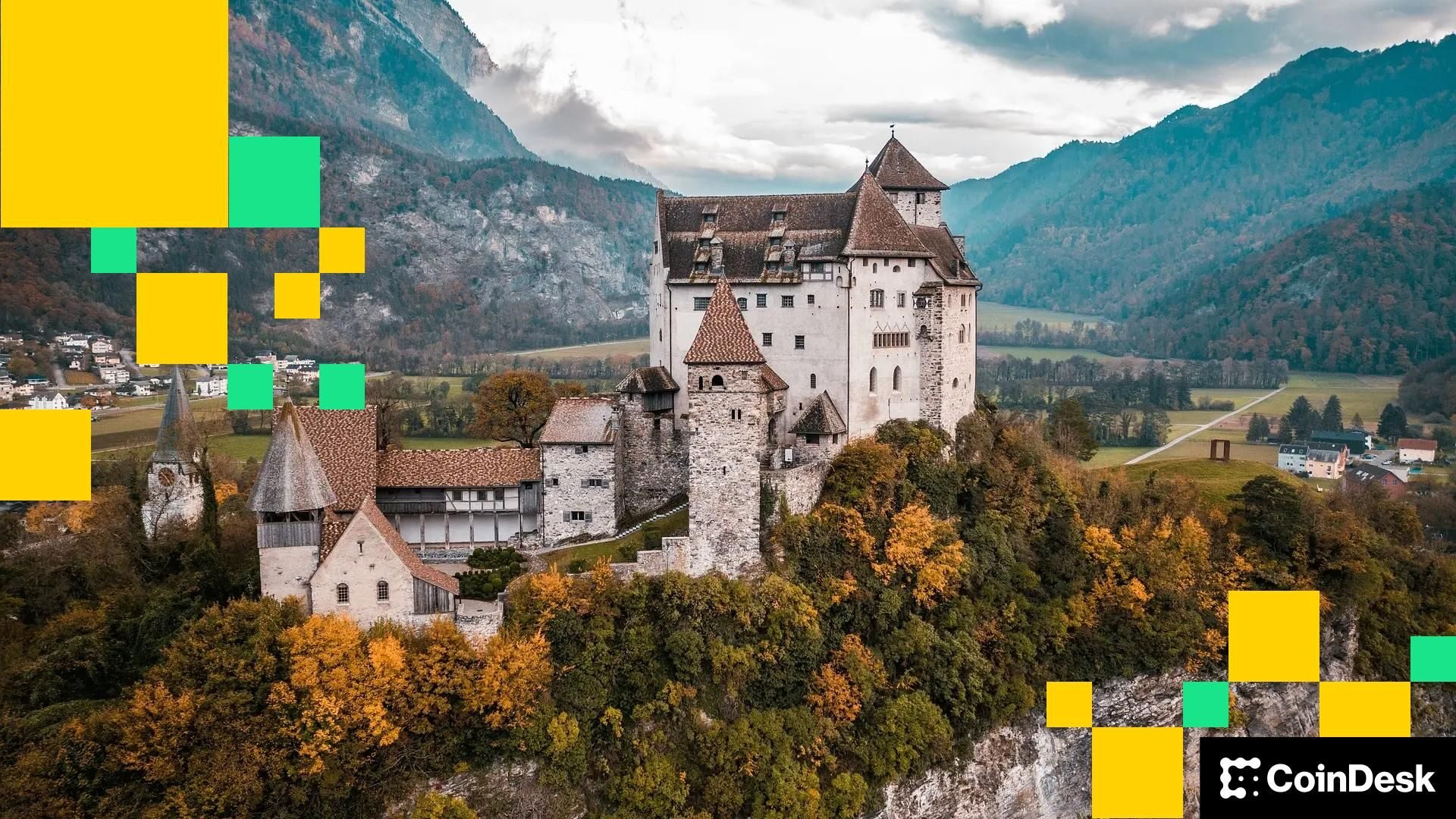Liechtenstein Launches State-Backed Blockchain Network
Telecom Liechtenstein’s LTIN aims to deliver compliant, sovereign blockchain infrastructure for enterprises.
By Ian Allison, AI Boost|Edited by Stephen Alpher
Oct 22, 2025, 1:36 p.m.

- LTIN launches as a state-backed blockchain network under Liechtenstein’s Blockchain Act
- Backed by Telecom Liechtenstein, with partners including Bank Frick and Bitcoin Suisse
- Designed to meet EU MiCAR standards for institutional blockchain compliance
The diminutive European country of Liechtenstein (population: approximately 40,000) has launched a state-backed blockchain infrastructure network, marking a move to blend national oversight with digital innovation.
The Liechtenstein Trust Integrity Network (LTIN), operated by Telecom Liechtenstein, offers blockchain services designed for institutions that require compliance with European regulations.
STORY CONTINUES BELOW
The platform operates under Liechtenstein’s Blockchain Act and is aligned with the EU’s upcoming Markets in Crypto-Assets Regulation (MiCAR), according to a press release.
LTIN’s early partners include Bank Frick, Bitcoin Suisse, Solstice, and Zilliqa. Together, they aim to develop secure transaction, validation, and identity systems that keep data and governance within European jurisdictions. The project also carries a sustainability pledge, committing to 100% renewable energy use across operations.
Franz Wirnsperger, LTIN’s chairman, said the initiative extends Liechtenstein’s reputation for regulatory precision into blockchain. For enterprises, that could mean fewer compliance risks when adopting distributed ledger technology for finance, trade, or identity services.
As a public-private partnership, LTIN plans to onboard more participants from the institutional digital asset market, stated the press release. The move reflects a broader trend among small European states—like Liechtenstein, Switzerland, and Luxembourg—positioning themselves as trusted hubs for regulated blockchain activity.
AI Disclaimer: Parts of this article were generated with the assistance from AI tools and reviewed by our editorial team to ensure accuracy and adherence to our standards. For more information, see CoinDesk’s full AI Policy.
More For You

Stablecoin payment volumes have grown to $19.4B year-to-date in 2025. OwlTing aims to capture this market by developing payment infrastructure that processes transactions in seconds for fractions of a cent.
More For You
By Jamie Crawley|Edited by Omkar Godbole
4 hours ago

Hong Kong Exchanges and Clearing has challenged at least five companies over plans to buy and hoard large amounts of cryptoassets
What to know:
- Some of the biggest stock exchanges in the Asia-Pacific region are pushing back against companies pursuing digital asset treasury strategies.
- Hong Kong Exchanges and Clearing has challenged at least five companies over plans to buy and hoard large amounts of cryptoassets.
- Japan is one of the outliers in the APAC region in that its stock exchanges allow DAT strategies with little push-back.
-
Back to menu
Prices
-
Back to menu
-
Back to menu
Indices -
Back to menu
Research
-
Back to menu
Consensus 2026 -
Back to menu
Sponsored
-
Back to menu
Videos -
Back to menu
-
Back to menu
-
Back to menu
Webinars
Select Language









